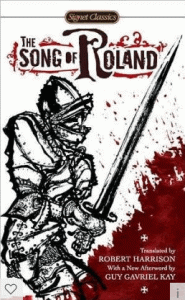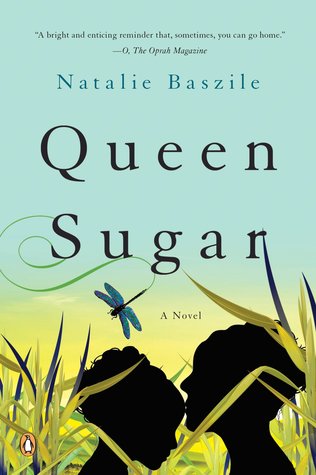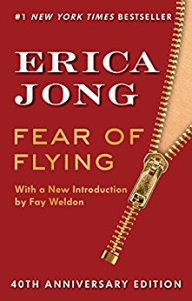Translator: Robert Harrison
Type: Fiction, poetry
Published: 1115 (original); 1970 (this version)
I read it: July 2016

Ka is a wheel, and the wheel’s spin has come around. Stephen King’s The Dark Tower is materializing on the silver screen this summer, for better or worse. I’ll subscribe to the stock phrase “mildly optimistic” and give myself a steep challenge: re-read the entire series and review them all before the movie comes out. Wish me long days and pleasant nights.
But there is also some earlier mythology I want to get acquainted with this time around. The simplest starting point is Robert Browning’s poem “Childe Roland to the Dark Tower Came.” That piece was itself inspired by a speech from King Lear. (All apologies to Bill S., but I’m not going to commit to reading the play at this point. I’ll get around to that in time.) And then there’s the epic French poem The Song of Roland, a sort-of Don Quixote of its culture, though much more traditional and earnest in tone.
This particular Roland was a French knight in the service of King Charlemagne. The battle of Roncesvals was a historical incident that occurred in 778, and the poetic interpretation is cobbled together from four or more manuscripts that tell slightly altered versions of an epic poem that describes the event. The tale is, of course, greatly simplified and exaggerated, living in that space where “the hard, bright details of history begin to dissolve into the twilight of myth and legend” (from Harrison’s introduction).
The basic premise is that the French (Christians) are fighting for good and the Spaniards (Muslims) represent evil. This is a world in which the victory determines all, because God’s grace post-justifies whoever happens to survive (explaining this in meaningful words is about as wacky as the concept itself). The supernatural is ever present: the tip of Charlemagne’s lance contains a piece of the spear that pierced Jesus’s side, Satan arrives to carry away the bodies of foes, and the bad guys worship not one but three pagan gods: Muhammad, Termagant, and Apollo.
Roland takes center stage due to his pride/folly/faith, depending on how you interpret his actions. Before the grand battle, Charlemagne’s forces are heading in the direction of home, having struck a brittle agreement that they won’t be exterminating the Spanish on this particular day. The Spaniards are awaiting their chance to draw blood, and strike the rear guard, of which Roland is in charge. Roland could either (a) retreat or (b) blow his horn to call for full reinforcements, but he does neither. He instead engages the entirety of the enemy army with only his regiment, raging full-force into battle. The poem’s stanzas unfold in overlapping and often repeated miniature scenes, ranging from the verbose to the blunt: “The battle is incredible and grim.” Indeed.
The text itself is understandable enough in translation, but if it weren’t for my interest in gleaning small slices of Roland’s characteristics, I would have labeled it somewhat tedious. What makes it readable is Robert Harrison’s framing of the tale, which lends a lot of fascinating historical context. This review could get twice as long if I pointed out all the neat stuff I learned about medieval times, like how weapons, animals, and banners were used in war, or why the story described only professional knights (“The Song of Roland was intended to present an idealized portrait of warfare, not a realistic one, and any reminder that there were conscripted, non-professional troops at Roncesvals would have struck a jarring note”). The entire introduction is recommended reading for anyone who has had A Song of Ice and Fire imagery swirling in their mind for the past several years.
The main thing worth summarizing is Harrison’s interpretation of the story. He encourages us not to think of Roland as a particularly tragic figure, whose rash decision to jump into battle got a lot of people killed, including himself. Rather, we should think of Roland as leading a glorious religious charge that would fully prove his faith, as well as draw Charlemagne back into the bloodbath so that he too could fight to the death (or to victory, and beat the heathens into a final submission). Harrison summarizes thus:
The simple facts remain that the poem is not a tragedy, and Roland is not a tragic hero, but a martyr. Martyrs do not have tragic flaws; unlike ordinary men they participate in a higher reality, beyond the requisites of human reason and common sense. In a metaphysical sense, every martyr is…an impersonator of Christ, who becomes through his act of self-sacrifice a brief but genuine reincarnation of Christ on earth. … Roland, like Christ, can transform the humiliation of earthly defeat into spiritual victory. The resounding triumph of Christianity over paganism in the climactic duel of Charles and Baligant [the other side’s top knight] is made possible only through the martyrdom of Roland, and the loss of the rear guard is thus vindicated by the greater victory.
In an afterword, Guy Gavriel Kay uses the space to generally agree with Harrison’s opinion. Kay too gives some helpful context to the story, especially the mindset of the various time frames that are presented here: “We learn more about the time period the poem was written, likely around 1100, right at the emergence of the Crusader spirit in Europe…than we do of 778, when the ‘real’ battle of Roncesvaux took place.” He also makes a telling note of one of Roland’s character aspects, which has a potential connection to Stephen King’s version of the legend: “Being in the military company, or being the lifelong friend, of a perfect hero might have implications, and not always benign.” So what, then, happens to those who call Roland friend?
There are other hints and symbols throughout The Song of Roland that I’ll save for when they intersect with Roland of Gilead’s adventures. Keep reading along each week and I’ll say thankee-sai.
Advertisements Share this:




